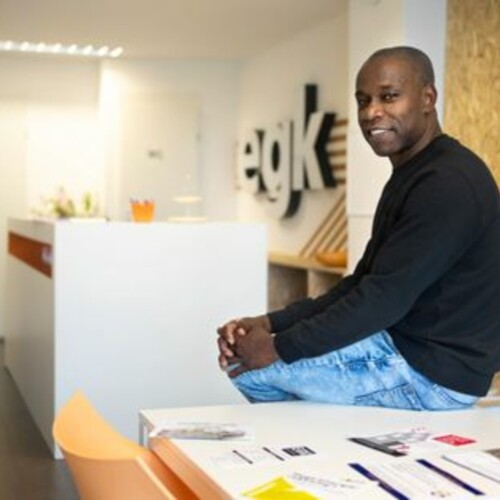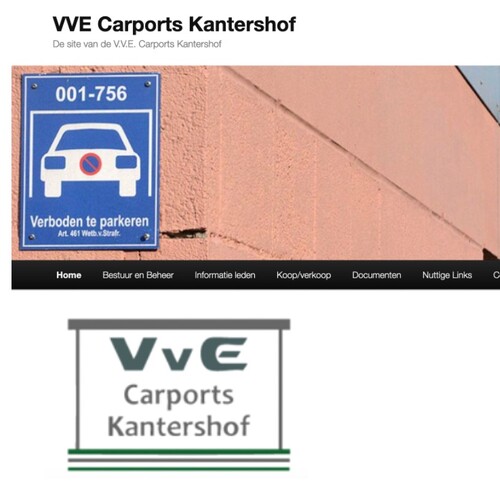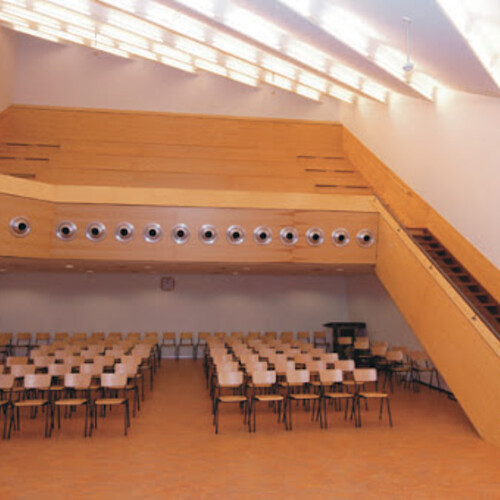The Otrobanda business community underscores the imperative of a strong partnerships not only between the private sector, financial institutions, real estate developers, and SMEs, but also with the government for sustainable growth. Future-proof jobs with 21st-century skills are advocated, alongside eco-friendly design principles by developers to address climate change. Collaboration among stakeholders, including government entities, is pivotal in achieving long-term economic prosperity and resilience in Otrobanda.
Recent developments in Otrobanda, particularly the investments in tourist projects such as Corendon and Marriott Courtyard, have highlighted the growing economic potential of the area. The revitalization of landmarks like Kurá Hulanda and the upcoming Bario Hotel exemplify the burgeoning hospitality and tourism sector in Otrobanda. Local entrepreneurs are increasingly confident in the future of tourism and are investing in this thriving sector. However, for sustainable economic growth to be realized, there is a critical need for a more robust partnership between the private sector, including financial institutions and real estate developers, and small and medium-sized enterprises (SMEs). Amidst the success of Otrobanda jobs need to be created that are future-proof, equipped to thrive in the rapidly evolving landscape of the 21st century.
Financial institutions can play a crucial role in supporting SMEs by providing tailored financial solutions, such as low-interest loans or grants, to facilitate their growth and expansion. Additionally, they can offer financial literacy programs and business development services to help SMEs navigate the complexities of the business landscape effectively. SMEs have the potential to empower individuals with the skills and competencies needed to adapt to technological advancements and automation, safeguarding against job displacement and unemployment. By fostering a workforce in digital literacy, critical thinking, and problem-solving, Otrobanda can position itself as a hub of innovation and entrepreneurship, attracting investment and driving sustainable urban planning and development.
Real estate developers, on the other hand, can contribute to the sustainable development of Otrobanda by incorporating eco-friendly design principles and green infrastructure into their projects. This may include the integration of renewable energy systems, the implementation of water conservation measures, and the utilization of sustainable building materials. By prioritizing sustainability in their developments, real estate developers can help mitigate the impacts of climate change and create more resilient communities in Otrobanda. By embracing sustainability principles in their operations, businesses can not only mitigate the impacts of climate change but also capitalize on emerging market trends and consumer preferences. Green infrastructure initiatives, renewable energy integration, and sustainable building practices not only contribute to environmental conservation but also generate new job opportunities in emerging sectors such as renewable energy, green constructiona, and environmental management.
Furthermore, fostering collaboration between financial institutions, real estate developers, and SMEs can facilitate the creation of innovative solutions to address the unique challenges facing Otrobanda. By working together, these stakeholders can leverage their respective expertise and resources to support the long-term economic prosperity and resilience of the area, ultimately benefiting both residents and businesses alike. By prioritizing skill development and lifelong learning initiatives, financial institutions, real estate developers, and SMEs can create pathways for upward mobility and economic empowerment, fostering a more inclusive and resilient society in Otrobanda.


